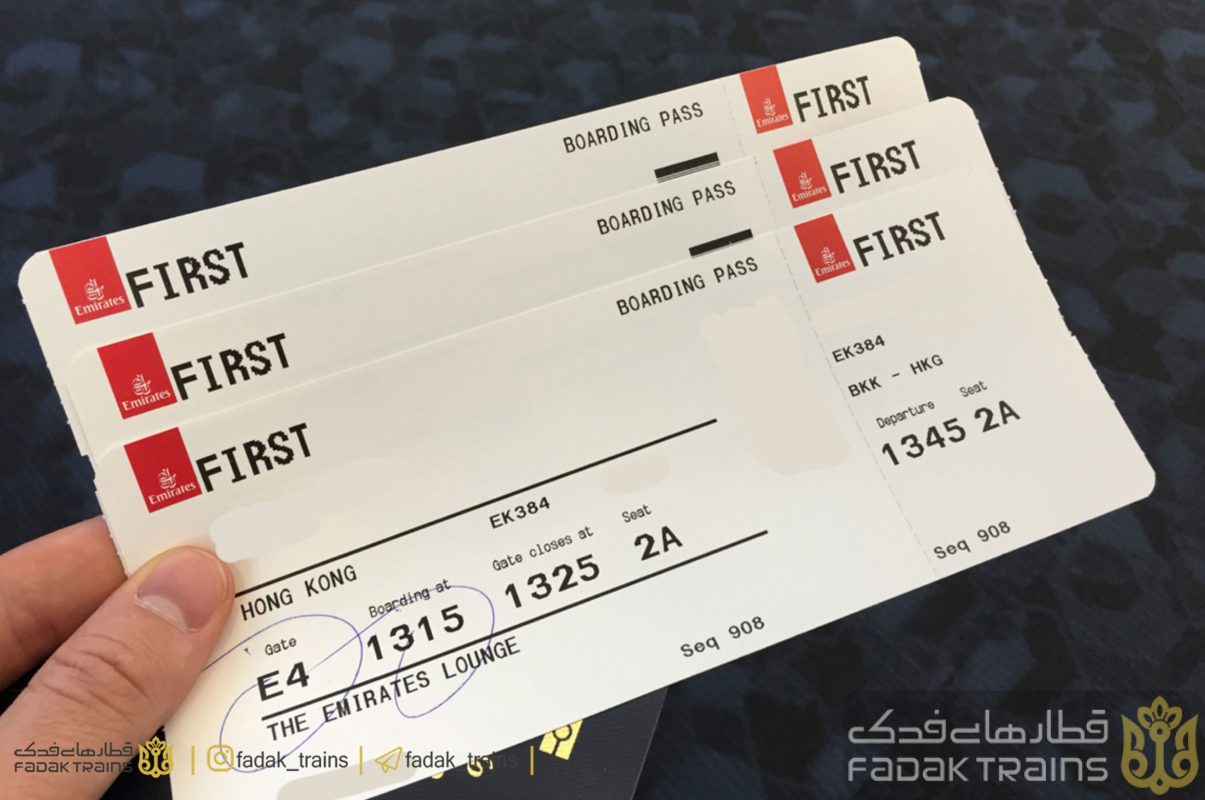In today’s interconnected world, the ability to traverse vast distances swiftly and efficiently has become a cornerstone of our global society. بلیط استانبول At the heart of this mobility lies the humble air ticket, a document that not only grants access to the skies but also embodies a complex interplay of technology, economics, and human ingenuity. Let’s delve into the intricacies of air tickets, exploring their evolution, significance, and the processes that make modern air travel possible.
Evolution of Air Tickets:
The concept of air travel dates back over a century, with the Wright brothers’ historic flight in 1903 marking the beginning of a revolutionary era. However, it wasn’t until the mid-20th century that commercial aviation truly took off, thanks to advancements in aircraft design, infrastructure, and ticketing systems.
Initially, air tickets were paper documents issued by airlines or travel agencies, often requiring physical delivery or pickup. These tickets contained essential information such as the passenger’s name, flight details, and fare. However, with the advent of computerized reservation systems in the 1960s and 70s, the landscape of air ticketing underwent a profound transformation.
Electronic ticketing, introduced in the 1990s, replaced traditional paper tickets with digital records stored in airline databases. This innovation streamlined the booking process, reduced paper waste, and enhanced convenience for passengers. Today, electronic tickets have become the standard, facilitating seamless transactions and enabling travelers to access their itinerary from anywhere in the world.
Significance of Air Tickets:
Beyond serving as entry passes to flights, air tickets play a crucial role in the functioning of the aviation industry. They represent a contractual agreement between passengers and airlines, outlining the terms and conditions of travel. From baggage allowances to cancellation policies, air tickets encapsulate a wealth of information that governs the passenger experience.
Moreover, air tickets serve as vital revenue-generating assets for airlines, contributing to their financial sustainability. Pricing strategies, yield management techniques, and dynamic fare adjustments are all influenced by the demand-supply dynamics reflected in ticket sales. As such, the efficient management of ticket inventory is paramount for airlines seeking to optimize profitability while meeting customer demand.
The Ticketing Process:
The journey of an air ticket begins long before a passenger sets foot in an airport. It commences with the traveler’s decision to embark on a journey and culminates in the issuance of a boarding pass at the departure gate. Along the way, various stakeholders, including airlines, travel agencies, and global distribution systems (GDS), collaborate to facilitate the booking process.
When a passenger requests a ticket, whether through an airline’s website, a travel agency, or a third-party platform, a series of transactions are triggered within the airline’s reservation system. This process involves seat allocation, fare calculation, and the generation of a unique electronic ticket number. Subsequently, the ticket is transmitted to the passenger via email or mobile app, confirming their reservation and providing essential travel details.
Future Trends and Innovations:
Looking ahead, the future of air ticketing is poised for further innovation and digitization. Emerging technologies such as blockchain, artificial intelligence, and biometrics hold the potential to revolutionize the way tickets are issued, verified, and managed. Blockchain-based ticketing systems could enhance security and transparency, while AI-driven algorithms may personalize pricing and enhance the passenger experience.
Additionally, the rise of mobile ticketing and contactless solutions is reshaping the landscape of passenger interaction. From digital boarding passes to self-service kiosks, travelers are increasingly relying on mobile devices to streamline their journey through airports and onboard aircraft.
In conclusion, air tickets represent far more than mere documents; they embody the intricate web of systems and processes that underpin modern air travel. From their humble origins to their future evolution, air tickets serve as both practical tools and symbolic artifacts, connecting individuals across the globe in a shared pursuit of exploration and connection. As we continue to navigate the skies, let us appreciate the remarkable journey encapsulated within each ticket, and the extraordinary feat of human achievement it represents.


